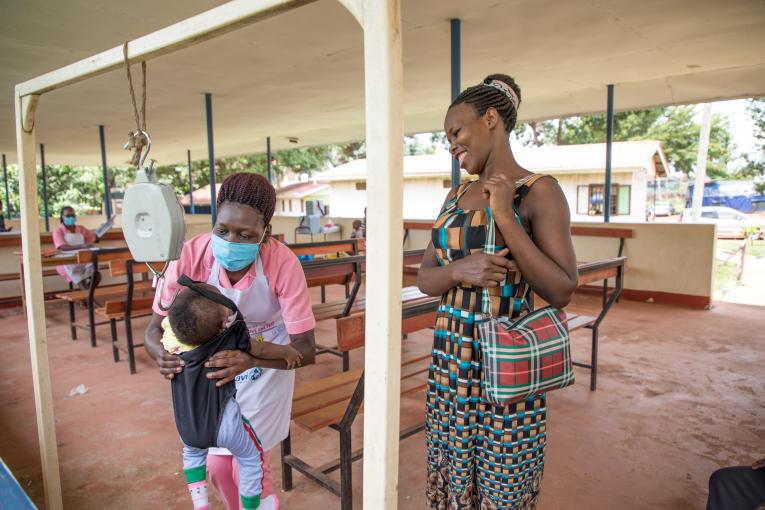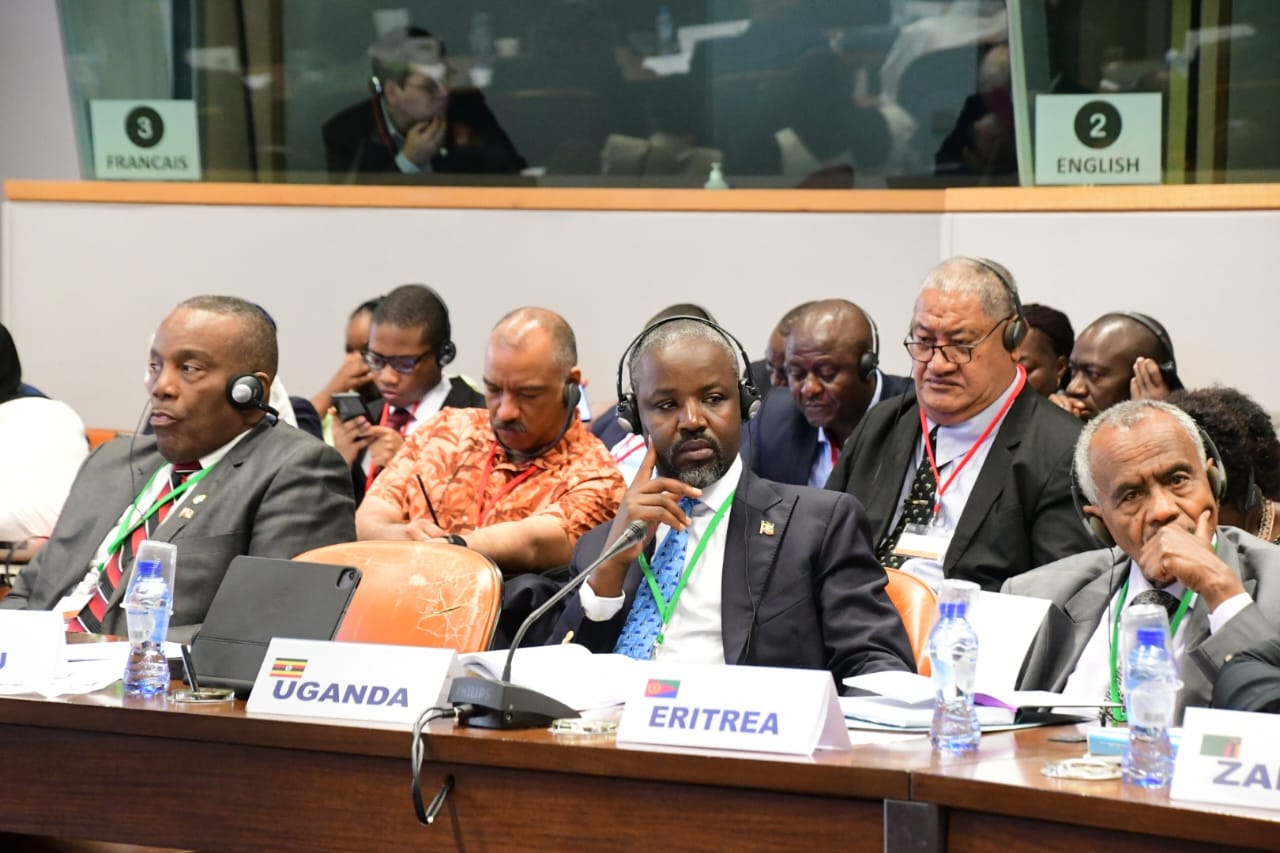
Since March 2020, routine childhood immunization services have been disrupted on a global scale that may be unprecedented since the inception of expanded programs on immunization (EPI) in the 1970s. More than half (53%) of the 129 countries where data were available reported moderate-to-severe disruptions, or a total suspension of vaccination services during March-April 2020.
“Immunization is one of the most powerful and fundamental disease prevention tools in the history of public health,” said Dr Tedros Adhanom Ghebreyesus, WHO Director-General. “Disruption to immunization programmes from the COVID-19 pandemic threatens to unwind decades of progress against vaccine-preventable diseases like measles.”
“At the 4 June Global Vaccine Summit in London, donors will pledge their support to Gavi, the Vaccine Alliance, to sustain and accelerate this lifesaving work in some of the most vulnerable countries. From the bottom of my heart, I urge donors to fully fund the Alliance. These countries, these children especially, need vaccines, and they need Gavi.”
The reasons for disrupted services vary. Some parents are reluctant to leave home because of restrictions on movement, lack of information or because they fear infection with the COVID-19 virus. And many health workers are unavailable because of restrictions on travel, or redeployment to COVID response duties, as well as a lack of protective equipment.
“More children in more countries are now protected against more vaccine-preventable diseases than at any point in history,” said Dr. Seth Berkley, Gavi CEO. “Due to COVID-19 this immense progress is now under threat, risking the resurgence of diseases like measles and polio. Not only will maintaining immunization programmes prevent more outbreaks, it will also ensure we have the infrastructure we need to roll out an eventual COVID-19 vaccine on a global scale.”
Transport delays of vaccines are exacerbating the situation. UNICEF has reported a substantial delay in planned vaccine deliveries due to the lockdown measures and the ensuing decline in commercial flights and limited availability of charters. To help mitigate this, UNICEF is appealing to governments, the private sector, the airline industry, and others, to free up freight space at an affordable cost for these life-saving vaccines. Gavi recently signed an agreement with UNICEF to provide advance funding to cover increased freight costs for delivery of vaccines, in light of the reduced number of commercial flights available for transport.
“We cannot let our fight against one disease come at the expense of long-term progress in our fight against other diseases,” said Henrietta Fore, UNICEF Executive Director. “We have effective vaccines against measles, polio and cholera. While circumstances may require us to temporarily pause some immunization efforts, these immunizations must restart as soon as possible, or we risk exchanging one deadly outbreak for another.”
Next week, WHO will issue new advice to countries on maintaining essential services during the pandemic, including recommendations on how to provide immunizations safely.
MASS IMMUNIZATION CAMPAIGNS TEMPORARILY DISRUPTED
Many countries have temporarily and justifiably suspended preventive mass vaccination campaigns against diseases like cholera, measles, meningitis, polio, tetanus, typhoid and yellow fever, due to risk of transmission and the need to maintain physical distancing during the early stages of the COVID-19 pandemic.
Measles and polio vaccination campaigns, in particular, have been badly hit, with measles campaigns suspended in 27 countries and polio campaigns put on hold in 38 countries. At least 24 million people in 21 Gavi-supported lower-income countries are at risk of missing out on vaccines against polio, measles, typhoid, yellow fever, cholera, rotavirus, HPV, meningitis A and rubella due to postponed campaigns and introductions of new vaccines.
In late March, concerned that mass gatherings for vaccination campaigns would enflame transmission of COVID-19 WHO recommended countries to temporarily suspend preventive campaigns while assessments of risk, and effective measures for reducing COVID virus transmission were established.
WHO has since monitored the situation and has now issued advice to help countries determine how and when to resume mass vaccination campaigns. The guidance notes that countries will need to make specific risk assessments based on the local dynamics of COVID-19 transmission, the health system capacities, and the public health benefit of conducting preventive and outbreak response vaccination campaigns.
Based on this guidance, and following growing concerns about increasing transmission of polio, the Global Polio Eradication Initiative (GPEI), is advising countries to start planning for the safe resumption of polio vaccination campaigns, especially in polio high-risk countries.
Despite the challenges, several countries are making special efforts to continue immunization. Uganda is ensuring that immunization services continue along with other essential health services, even funding transportation to ensure outreach activities. And in Lao PDR, despite a national lockdown imposed in March, routine immunization in fixed sites continued with physical distancing measures in pla




